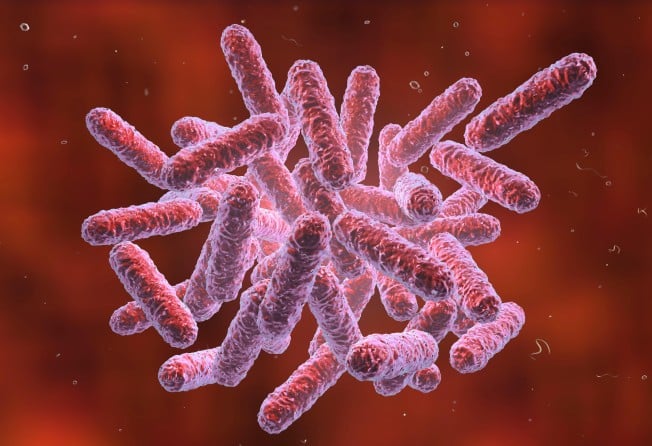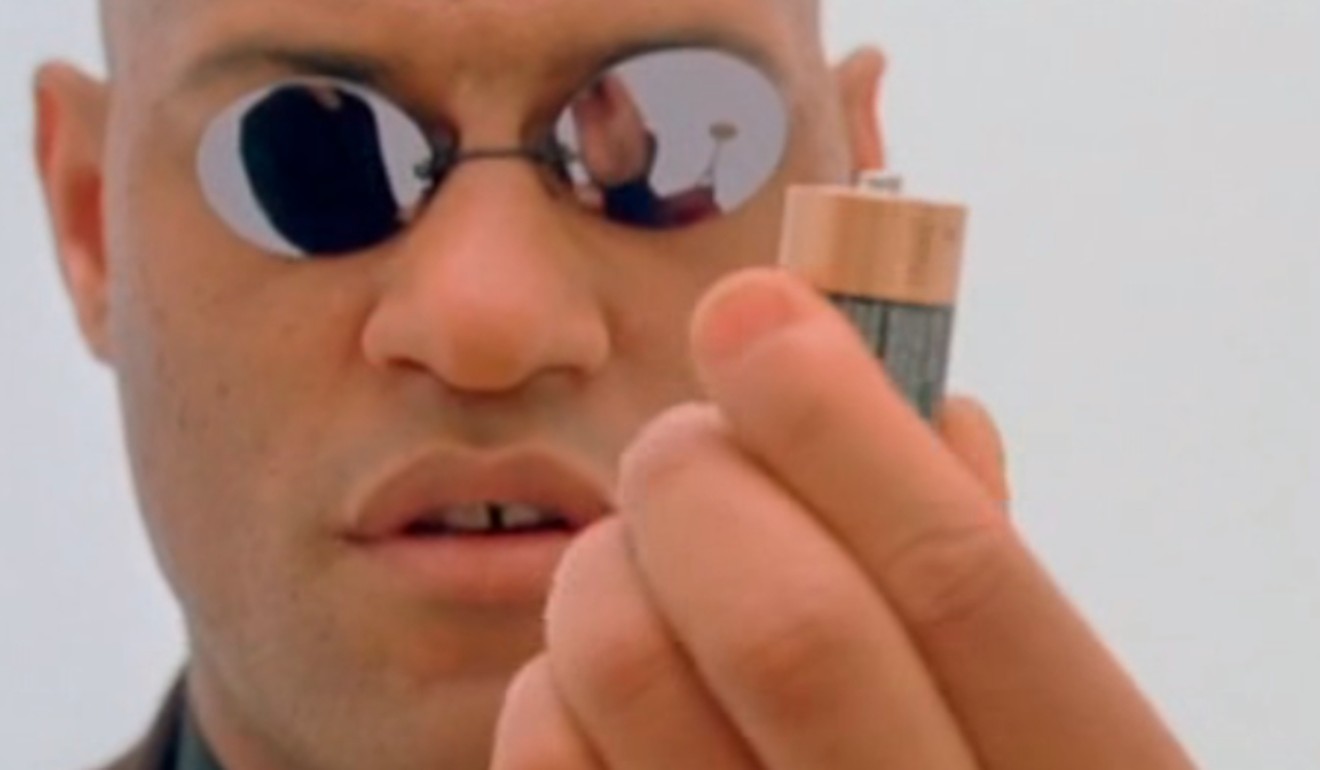Could a Chinese supercharged bacterium spark a superhuman revolution?
- Researchers say they created E coli strain that can draw on electrons in the environment
- Scientists’ next task is to see if technique can be applied to complex life forms

Scientists at a government laboratory in northern China say they have edited the DNA of a germ, creating a super bacterium that can use electrons as an energy source, perhaps opening the door to superpowers in humans.
The gene-edited germ uses electricity as “food”, increasing its physical performance by as much as 70 per cent, according to a team at the Chinese Academy of Sciences’ Tianjin Institute of Industrial Biotechnology. In theory, that would be like a human athlete running 100 metres (330ft) in five seconds or jumping over a bar more than four metres off the ground.
The researchers engineered the bacterium by adding an “alien” gene to the DNA of E coli, a germ common in animal intestines. The gene helped generate a protein – a compound that behaves like a worker bee or an information carrier within a cell – that can harvest free-roaming electrons from the environment and turn them into energy.
The Tianjin study was inspired by one of the biggest discoveries in biology over the last two decades, where researchers from around the world discovered a bacterium – Shewanella oneidensis – that generates small but regular electric currents using a protein that moves electrons in and out of cells.
Scientists could “cut and paste” electrically activated Shewanella oneidensis DNA into almost any living cell to give it the ability to absorb free-roaming electrons, the Tianjin researchers said in findings published in the Biochemical Engineering Journal this year.
“If the technology works on E coli, it should work on the cells of animals or human beings,” Professor Bi Changhao, lead scientist on the Tianjin project, said on Tuesday. “This will be one direction of our studies.”
Bi said human and animal cells did not use electricity – energy in the form of charged particles called electrons – directly. That is why electric shocks cause pain and, if they are strong enough, can kill.
But the ability to electrically charge a muscle might give humans great strength, or revive tired, overworked muscles, he said.
Other possible applications of the technology included biofuel production and treatment for cell-related diseases and conditions such as cancer and age-related infirmity.
“In the future, it may even give rise to a superhuman race,” Bi said.
He also said that an ability to convert electricity meant humans would need less food for energy, possibly reducing health problems such as obesity.

Professor Guo Weixiang, researcher at the Chinese Academy of Sciences’ Institute of Genetics and Development Biology in Beijing, said the Tianjin findings needed to be reviewed and thoroughly tested under laboratory conditions.
“The relationship between electricity and cells is not very well understood,” said Guo, who was not involved in the study.
He said that some patients with Parkinson’s disease had been given brain implants that used electrical charges to reduce symptoms such as tremors, but implants could not reverse cell degeneration.
“What works on a single-cell life form may not work on a complex organism,” Guo said.
Bi said there was much more work to be done and scientists needed to study whether electrically energised cells died quicker than cells that were not stimulated.
For E coli, which spawns a new generation every half an hour, that was not a big problem, but a shortened lifespan for animal cells after every electric charge was.
“That will be unacceptable,” Bi said. “We are working on it.”